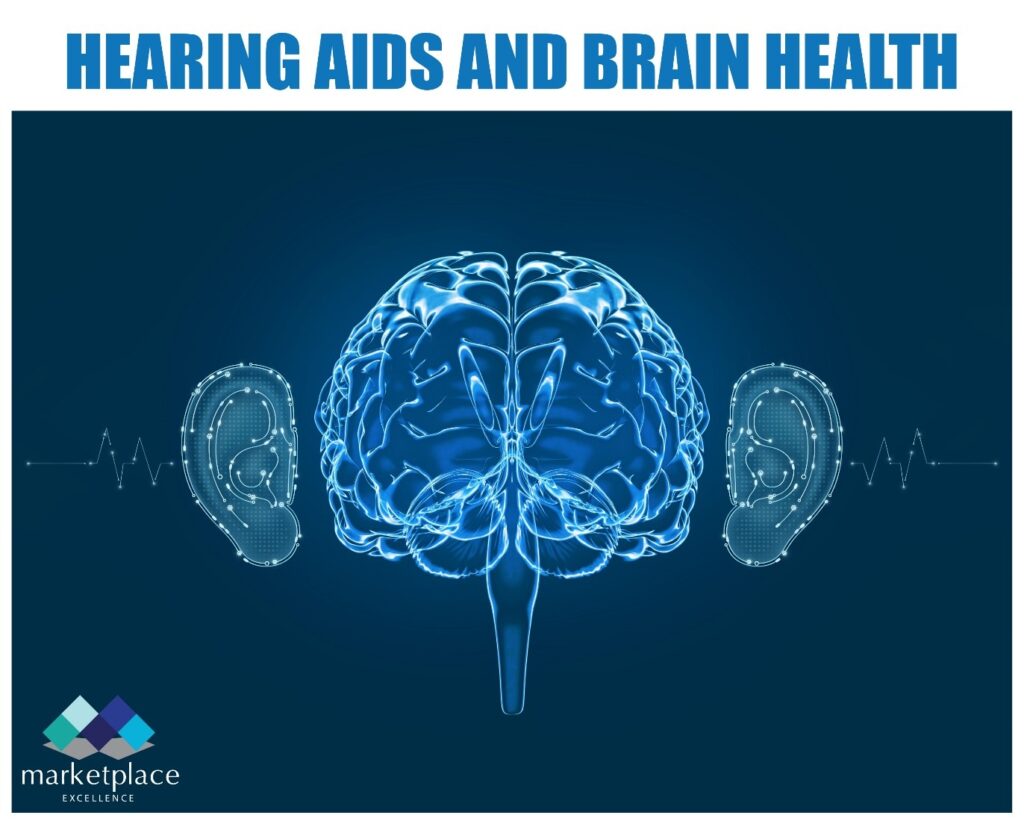“Finally, brothers, whatever is true, whatever is honorable, whatever is just, whatever is pure, whatever is lovely, whatever is commendable, if there is any excellence, if there is anything worthy of praise, think about these things.” – Philippians 4:8
I remember when I was 18 years old, we were living in Trinidad at the time, my mother observed that I was not hearing as well as she would have liked. Off to the ENT specialist we went. The doctor syringed my ears and removed a build-up of wax. The result was nothing short of dramatic. What before the treatment was a bristling noise now sounded like thunder. I was impressed, and so was my mother.
Testing for wax buildup became a part of my preventive bi-annual medicals throughout my life, syringing became routine and effective, followed by monthly drops of olive oil in each ear.
When I was 60 years old, my general practitioner thought that I should pay a baseline visit to a hearing specialist. The report was “normal for a 60-year-old.” This put my mind at ease, and I continued my routine of ear care with no cause for concern.
Two years ago, at 81, another baseline visit to a hearing specialist was recommended. After an impressive set of scientific tests, the recommendation was that I wear hearing aids. I did not accept the recommendation at the time. Perhaps it was pride, or perhaps a belief that I could manage without them. However, since then, those who interact with me closely have drawn to my attention that the frequency with which I ask others to repeat themselves had increased. Despite the ear syringing treatment practice, there was definitely hearing loss.
As someone who has always prided myself on staying informed and proactive about my health, this realization was difficult to accept. It was further reinforced when Bevan, my son, recently paid a personal visit to his ENT specialist in the U.S. and took the opportunity to gather some information about hearing aids and brain health with me in mind. What he learned was eye-opening, and it ultimately changed my perspective on the importance of addressing hearing loss.
Bevan gathered that hearing loss is one of the things that the ENT profession has realized, just in the last 5-10 years, has a huge impact on brain health. It is now known that even mild hearing loss, if left untreated, raises the risk of early rapid dementia by over 90%. He was told that hearing is the most important currency of the brain, and that hearing aids can play an important role in keeping it healthy.
This was a revelation to me. I had never considered that my reluctance to wear hearing aids could have such far-reaching consequences beyond the inconvenience of asking someone to repeat themselves. The link between hearing and brain health is profound, and it underscored the importance of taking action.
Brain health is the state of brain functioning across cognitive, sensory, social-emotional, behavioural, and motor domains, allowing a person to realize their full potential over the life course, irrespective of the presence or absence of disorders. As we age, maintaining brain health becomes an increasingly important goal, and hearing is a critical part of that equation.
As I reflect on this journey, I realize that it is not just about improving my ability to hear—it is about maintaining my cognitive health, my quality of life, and my ability to engage fully with the world around me. Hearing aids are not merely a device for better sound; they are a tool for protecting my brain and ensuring that I can continue to live life to the fullest.
Let us focus on investing in hearing aids to improve our collective brain health. It is an investment in our well-being and the long-term growth of our society. By addressing hearing loss early, we can take proactive steps toward maintaining a sharp mind, staying connected with our loved ones, and contributing to the well-being of our communities for years to come.

(Dr. Basil Springer GCM is a corporate governance adviser. His email address is basilgf@marketplaceexcellence.com. His columns may be found at https://www.nothingbeatsbusiness.com).
